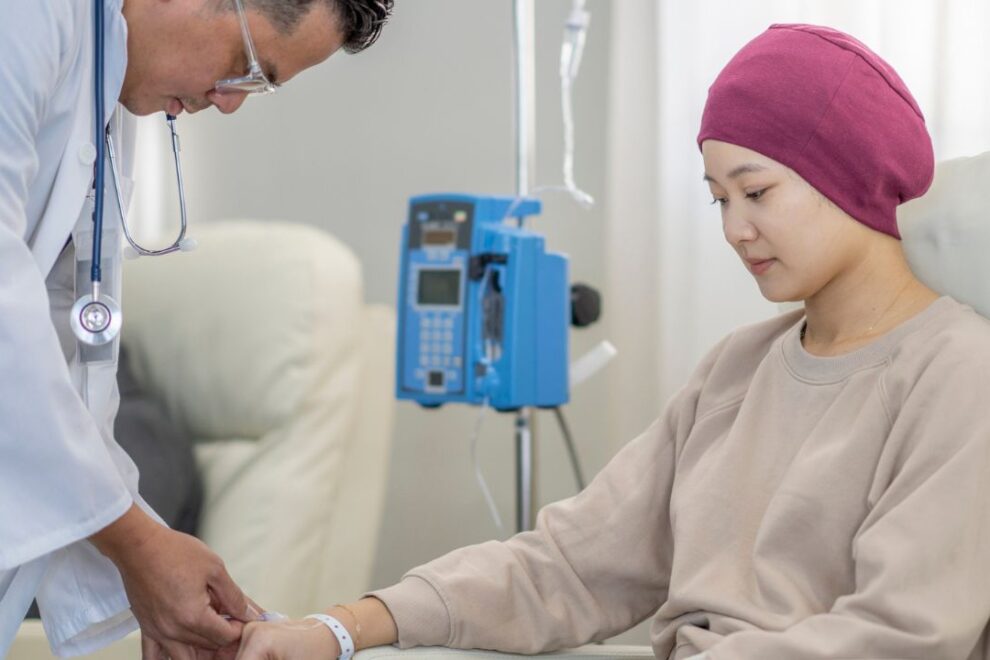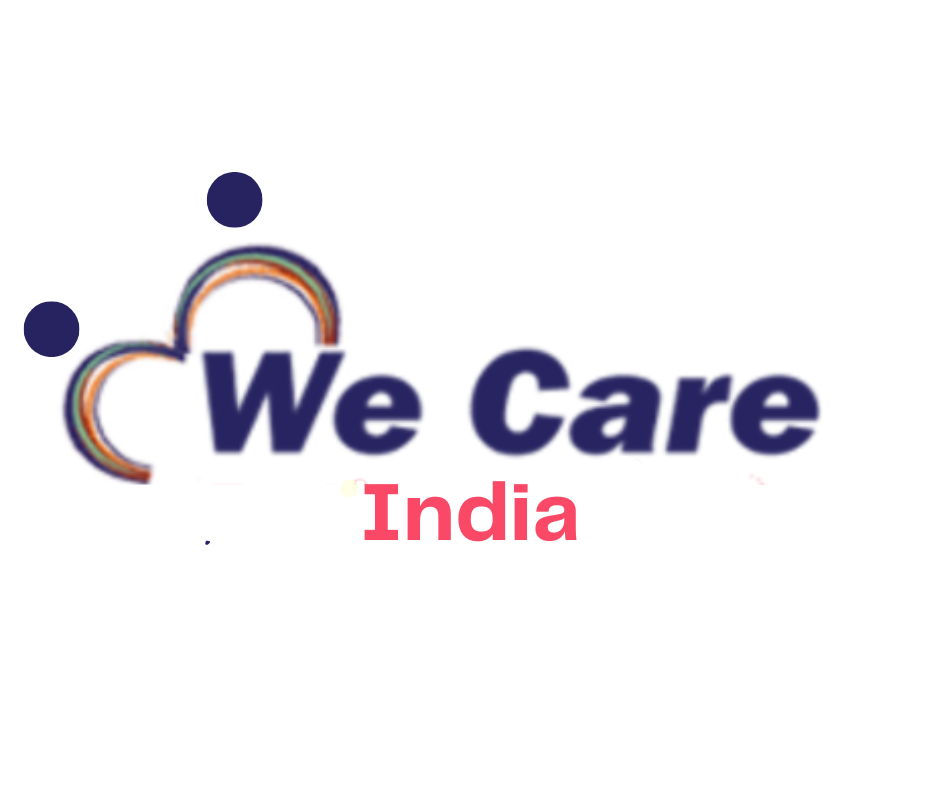Neoadjuvant Therapy in India – Advanced Cancer Treatment Options


Free Doctor Opinion

Personalized care with a warm interaction with the patient
- Achieving outstanding success rates through our dedicated care approach.
- Equipped with the latest technology to ensure optimal treatment outcomes.
- Our expert team provides exceptional healthcare with experience.
- Offering 24/7 assistance for your health needs and concerns.
- Providing quality treatment at reasonable costs for every patient.
- Contact us Email ID:[email protected]
- Call us: +91 9029304141
This systemic therapy (chemotherapy, immunotherapy or hormone therapy) or radiation therapy is commonly used in cancers that are locally advanced – where an operation is technically planned at a later stage. The use of such therapy can effectively reduce the difficulty and morbidity of more extensive procedures.
The use of therapy is to turn the tumour from untreatable to treatable by shrinking the volume down. Often it can be unclear which surrounding structures are directly involved in the disease and which are just showing signs of inflammation. By administering therapy a distinction can often be made. Some doctors give the therapy in the hope that a response will be seen so that they can then decide what is the best course of action. Unfortunately not everyone is suitable for therapy in this way as it can be extremely toxic. In some cases reactions are so severe that further treatments, especially surgery are precluded as the patient is rendered unfit for anaesthetic.
Common tumors that use this concept:
- Breast Cancer
- Colorectal Cancer
- Lung Cancer
Neoadjuvant Therapy
Refers to a therapy that is given before the primary treatment in the hopes of making the treatment more effective. In the case of prostate, neoadjuvant hormone therapy, is commonly given to patients with enlarged prostate glands in order to decrease the organ’s volume. Prostate cancer treatments are generally most effective to those with small prostate glands. A large prostate gland may cause complications during the prostatectomy or cause the surrounding organs to be damaged during external beam radiation therapy. An enlarged gland could also cause the prostate to be ineffectively treated during cryotherapy or brachytherapy.
Read Also :-
- Neurosurgery Treatments in India – Advanced Care for Brain and Spine
- Fertility Treatment in India – Advanced IVF, IUI, and Surrogacy Solutions
- High-Intensity Focused Ultrasound (HIFU) in India – Non-Surgical Lifting Treatment
- Neonatal Surgery in India – Expert Care for Newborns
- Electrolyte Disorders Treatment in India: Expert Care for Balanced Health
- Nephrolithotomy for Kidney Stone Removal in India – Expert Surgical Care
Committed To Build Positive, Safe, Patient Focused Care.
High Quality
Care
Home Review
Medicine
All Advanced
Equipment
Book An Appointment

At We Care India, we offer complete medical services for your entire family, from routine check-ups to injury care, ensuring personalized attention and expert assistance for all your health needs.


